Lychee is a typical tropical fruit of Vietnam, with a delicious, refreshing flavor. Lychee is considered a summer specialty. In recent years, localities considered the capital of lychee such as Bac Giang , Hai Duong, Hung Yen ... have built lychee brands that meet international quality standards for export. If Vietnamese lychees meet the import requirements of many countries in the world, Vietnamese lychees have had the opportunity to penetrate demanding potential markets such as the US, Australia, Japan, China .... These are also two types of fruit that have conquered demanding markets in the world, namely Canada.
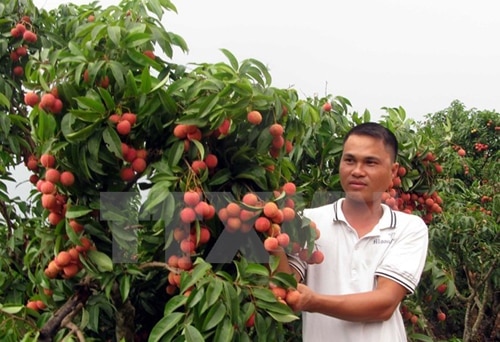
Harvesting lychees in Luc Ngan district, Bac Giang province. (Photo: Duong Tri/VNA).
The first batch of fresh lychees from Vietnam arrived in Canada by air in 2015. The shipment took 2-3 days to travel, so it was fresher and tastier than similar products, but the shipping cost at that time was more than 18 Canadian dollars (CAD)/kg. Meanwhile, Chinese lychees - the skin of which was dry and bruised - were sold for 5.98-7.98 CAD/kg. Fresh lychees from Thailand, although more expensive, were still less than 18 CAD/kg, but were three times larger than those from Vietnam and China, and had beautiful red skin that was not bruised. The reason why lychees from other countries entering Canada were of lower quality and cheaper was because they were shipped by sea, which took 3-4 weeks.
Mr. Rex Yu, representative of Manley Sales Company, which imports Vietnamese lychees, said that in order to enter the Canadian market, Vietnamese lychees must meet import standards and requirements of the Canadian Food Inspection Agency (CFIA). According to Mr. Yu, who has been importing fresh lychees into Canada for many years, Vietnamese lychees are very sweet, have thick flesh, small seeds, and thin skin.
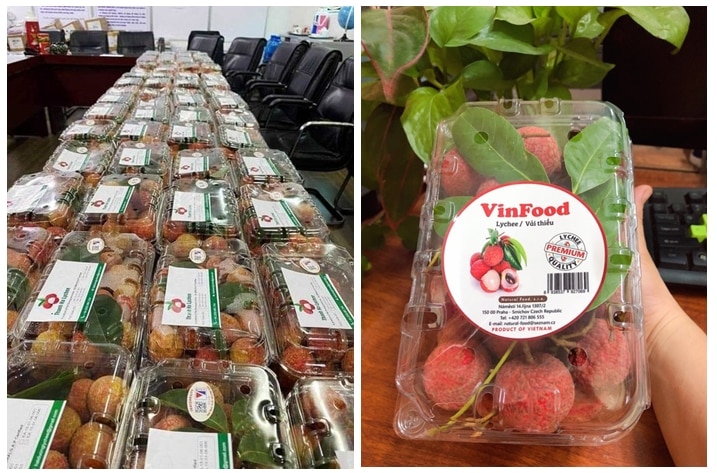
Canada continues to be the country receiving fresh lychees from Vietnam. Photo: Internet
The potential of Vietnamese lychees in Canada is promising, but the immediate difficulty is that the shipping cost is too high, which also pushes up the selling price of Vietnamese lychees in Canada. The Canadian market is very price conscious, so whoever has good quality and cheap goods will sell their goods.
Manley Sales plans to distribute Vietnamese lychees to as many stores as possible across Canada, from British Columbia on the West Coast to Quebec on the East Coast within a week. The company's next plan to import Vietnamese lychees depends on whether the Vietnamese partner has goods that meet Canada's quality standards and can reduce shipping costs to increase competitiveness. In order for Canadian consumers to choose and love Vietnamese lychees, the prerequisite is to reduce the selling price, because a strong competitor of Vietnamese lychees is lychees from Mexico, which are also fresh and delicious due to the great advantage of geographical proximity. Mr. Yu hopes that Vietnamese lychees can gain market share in Canada, similar to the fresh dragon fruit and longan that his company is importing from Vietnam.
Regarding the support of the Vietnamese Embassy in Canada for Vietnamese agricultural products exported to the Canadian market in the future, Commercial Counselor Hoang Anh Dung said that the main function of the Trade Office in general and in Canada in particular is to promote trade and investment. However, the Trade Office in Canada focuses on supporting Vietnamese enterprises to export to Canada. Recently, in response to the need to find outlets for domestic agricultural products, the Trade Office in Canada has made efforts to promote agricultural trade.
The first batch of lychees arriving in Canada is a very important milestone for the market penetration of lychees as well as fresh tropical fruits from Vietnam to Canada. Regarding business support, the Trade Office in Canada has recently supported businesses with information about potential import partners of Canada and consulted on Canadian regulations for imported agricultural products. In the coming time, the Trade Office will complete a handbook on Canadian regulations for agricultural products and fresh fruits so that domestic farmers can proactively cultivate and cultivate to ensure the quality of Canadian imports, even exceeding import standards in the Canadian market to increase competitiveness with products from other countries, maintaining the reputation of Vietnamese agricultural products./.
Bich Huong






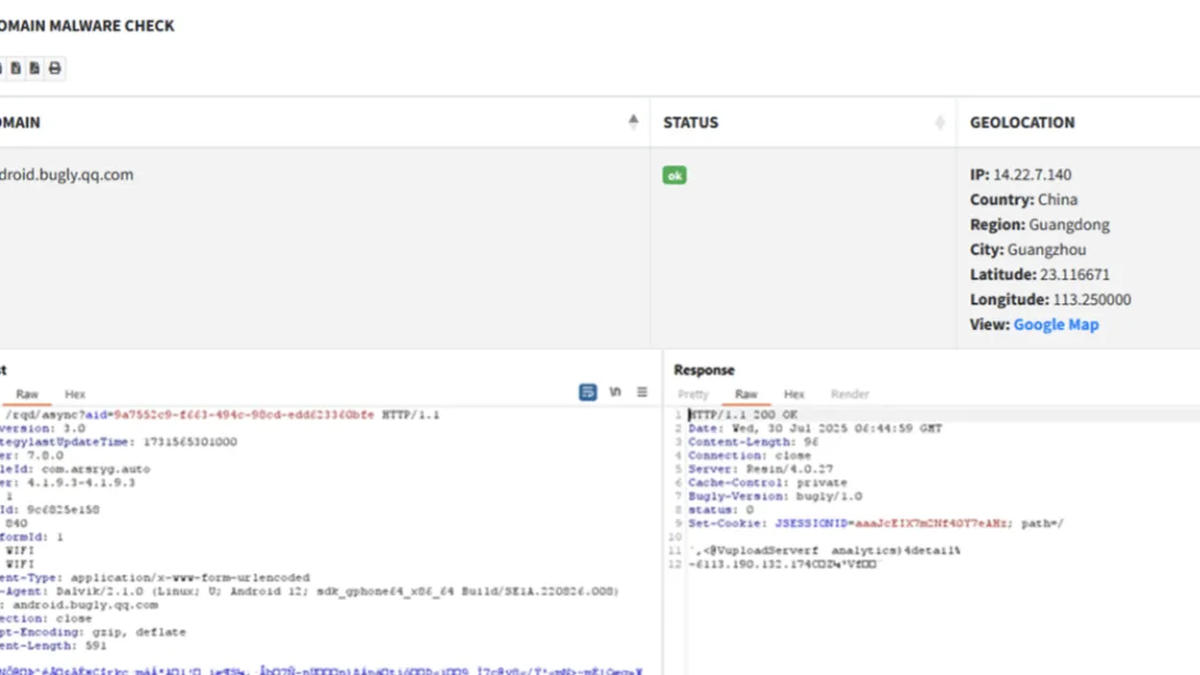
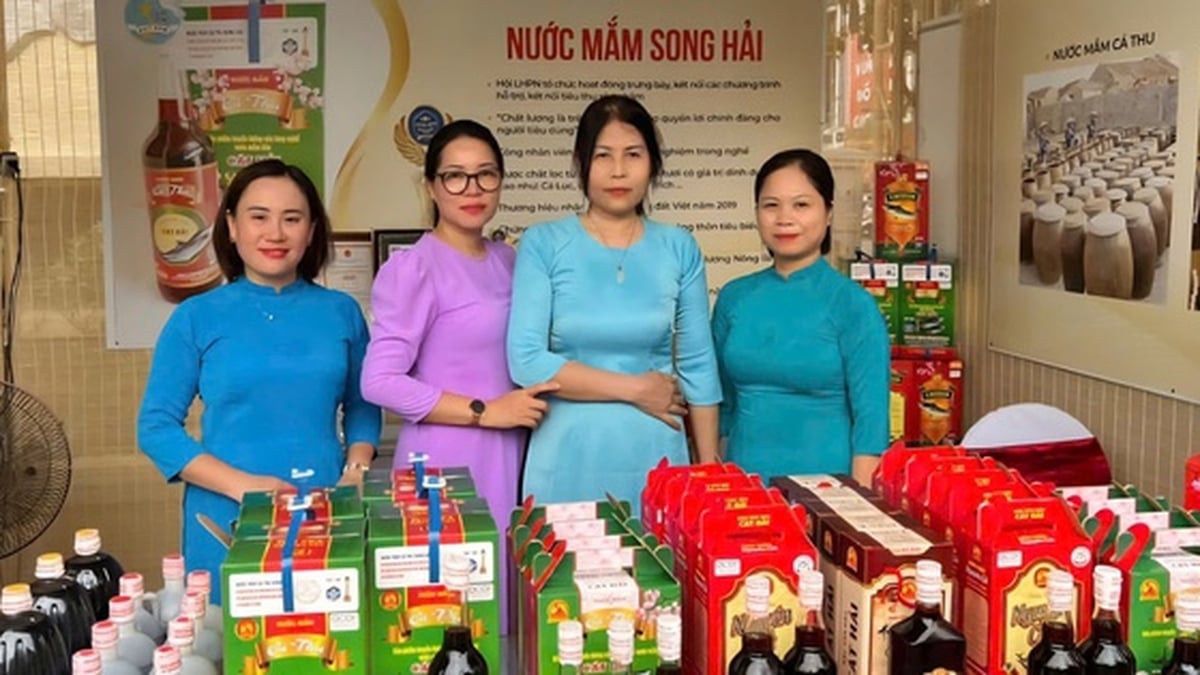
















![[Photo] Nghe An: Provincial Road 543D seriously eroded due to floods](https://vphoto.vietnam.vn/thumb/1200x675/vietnam/resource/IMAGE/2025/8/5/5759d3837c26428799f6d929fa274493)






![[Photo] Discover the "wonder" under the sea of Gia Lai](https://vphoto.vietnam.vn/thumb/1200x675/vietnam/resource/IMAGE/2025/8/6/befd4a58bb1245419e86ebe353525f97)

























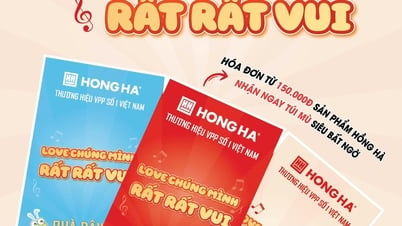
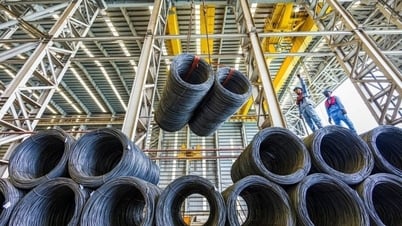






































Comment (0)